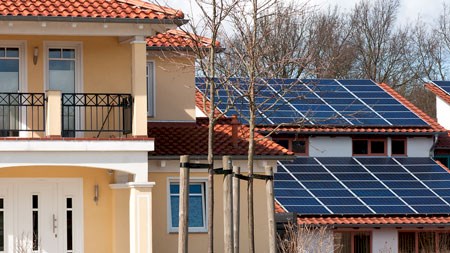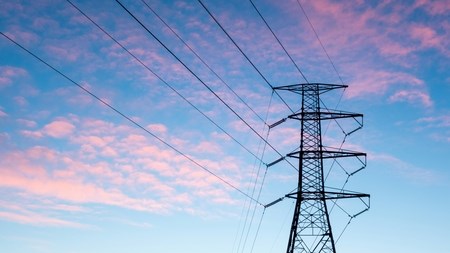This piece is being written by candlelight with what’s left of my laptop’s battery power. Once the battery runs flat, I’ll have to stop working and hope that the power will come back on during the night, failing which I will have to head to my nearest shopping mall yet again to plug into their generators under the guise of a cup of coffee. I’m fairly certain I won’t be the only one.
Thanks to load shedding, this type of behaviour has become the “new normal” in South Africa and it looks like it’s here to stay, at least for the next few years. And, apart from the inconvenience and immediate economic impact, there is a very real risk that the property market will also be negatively affected in the long term. So says FNB’s property strategist John Loos.
Notes John: “While the impact on the property market will probably initially be neutral, the market doesn’t function in isolation and the negative effects stemming from the energy crisis could eventually filter through.”
Slower economic growth
Illustrating his point, John explains that the lack of reliable power hampers economic growth which in turn will negatively impact job creation and household disposable income growth – both of which affect demand for residential property as well as consumer demand, which drives demand for retail property. Sluggish growth will also negatively affect demand for office and industrial space.
Adds John: “In the short term there may be an upside in that the prices of existing property may increase somewhat due to a backlog in electricity approvals for new developments. Although the construction industry will lose out in this respect, it could potentially benefit from a greater focus on alterations and additions to existing buildings as the drive towards more energy efficient buildings and better space utilisation is stepped up. In the long term though, lack of development and expansion is unhealthy and efforts to formally house the nation may be severely hampered.”
It’s a crisis!
Worryingly, John says that the energy crisis – and crisis it is, whatever the powers that be may say to the contrary – insofar as it contributes negatively to economic growth and job creation, could contribute to the cycle of socio-economic unrest and labour tensions which can put pressure on the Rand and spark another round of ratings downgrades – all of which South Africa can ill afford at a time when the current account deficit and investor sentiment are already on rocky ground.
But there is light at the end of the tunnel. John says the current low oil price is growth positive and that the energy crisis could be fairly easily resolved if Eskom steps up its maintenance efforts, brings the Medupi and Kusile power plants online, and opens up the energy sector to private participation on a far larger scale.
Only time will tell if this will be a dark chapter – both literally and figuratively – in South Africa’s history.




